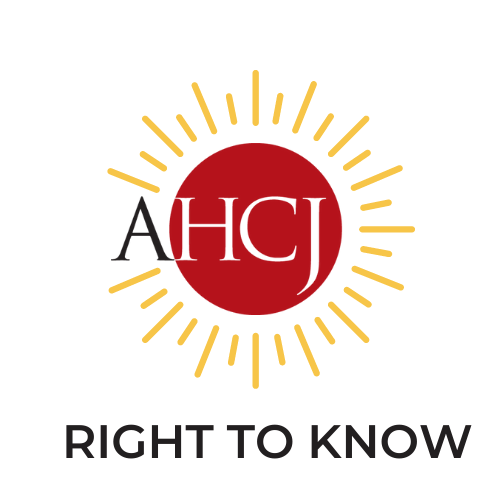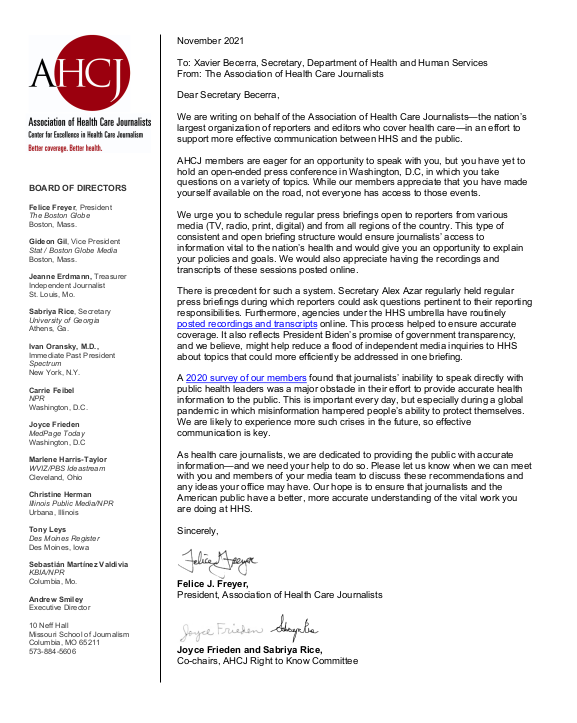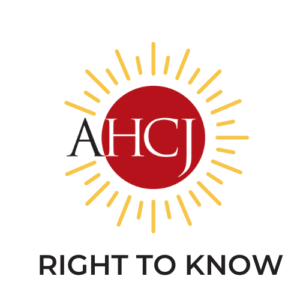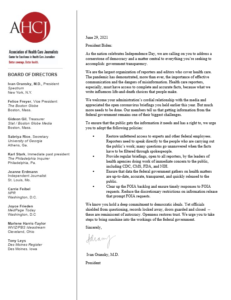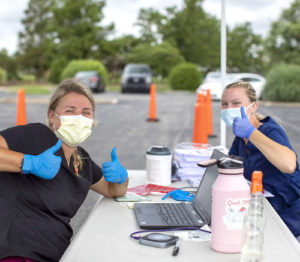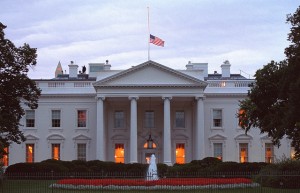Advocacy
AHCJ advocates for openness and provides resources for members striving to shed light on complex topics.
The right to know: It’s a concept that underpins all journalism, and nowhere is it more important than in health care and medicine. Patients have a right to know what will keep them healthy and what will make them sick. Citizens have a right to know how effectively their government protects and serves those who depend on it. For health care journalists that means heavy responsibilities – and sometimes daunting challenges. Through its advocacy arm, the Right to Know Committee, it works to open doors to health and medical knowledge and serves as a resource for members having difficulty accessing information.
-
HHS says employee directory will be restored, but it may be limited
AHCJ secretary and co-chair of Right to Know Committee In early May, reporters started noticing that a handy resource had…

-
One year after taking office, HHS Secretary Becerra opens up to questioning
Health and Human Services secretary Xavier Becerra met with reporters on Friday following months of criticism over a perceived lack…

-
Becerra needs to open up to the press
AHCJ is calling on Health and Human Services Secretary Xavier Becerra to make himself available for questioning by reporters. In…

-
•
Right to Know Committee resumes talks with HHS media office, affirms appeals process
If you’re having problems getting information from a federal health agency, don’t give up: You might have recourse within the…

-
•
A July 4 appeal to President Biden: Let the sun shine in!
AHCJ has called on President Biden to honor Independence Day by turning his attention to improving government transparency, “a cornerstone…

-
•
Court ruling validates speech rights for health workers
Delaware National Guard via Flickr A federal appeals court in Boston has upheld the right of a hospital employee to…

-
Biden administration pledges open access to briefings after AHCJ raises concerns
A spokesman for President Biden’s administration has pledged that any legitimate reporter who signs up with the White House press…

Explore More About AHCJ
Health journalism saves lives.
Everyone should have access to quality health care information so they can make informed decisions. Join AHCJ today for exclusive access to training and education to inform your community.
